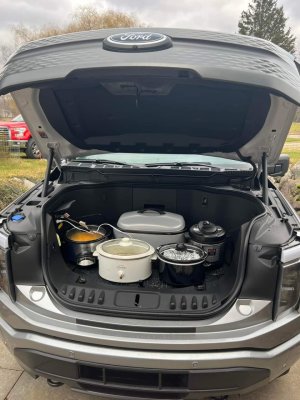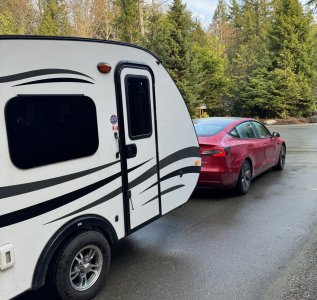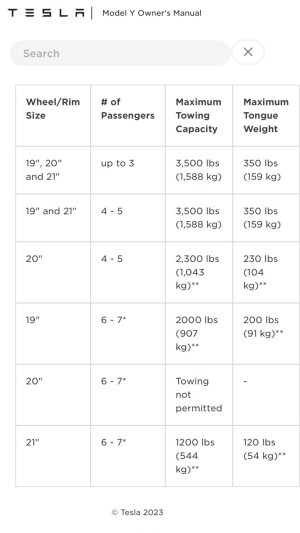Hi, I think we have the most EV’s in Canada because we have the warmest weather in Canada and I don’t believe the battery would hold a charge during winter time anywhere else.
The correct price for electricity is “user pay”. I would not count on freebies in the future. The plan right now is to get us out of our gas guzzlers and into vehicles which limit our freedom to travel as we choose.
I like to go to remote locations.
What I dont get is people who think they are saving the environment by going E-V.
The amount of mining thats involved and the method is immoral. And much of the electricity is at times generated from “dirty” sources. And the disposal of the batteries are a nightmare. I don’t know if they can be recycled.
Please keep this thread updated. Everything is all rosy now, being shiny and new, but I would be curious as to how safe from electrical malfunction E-V’s actually are. Also I would be interested in their eventual resale value.
Thanks


 driving.ca
driving.ca








